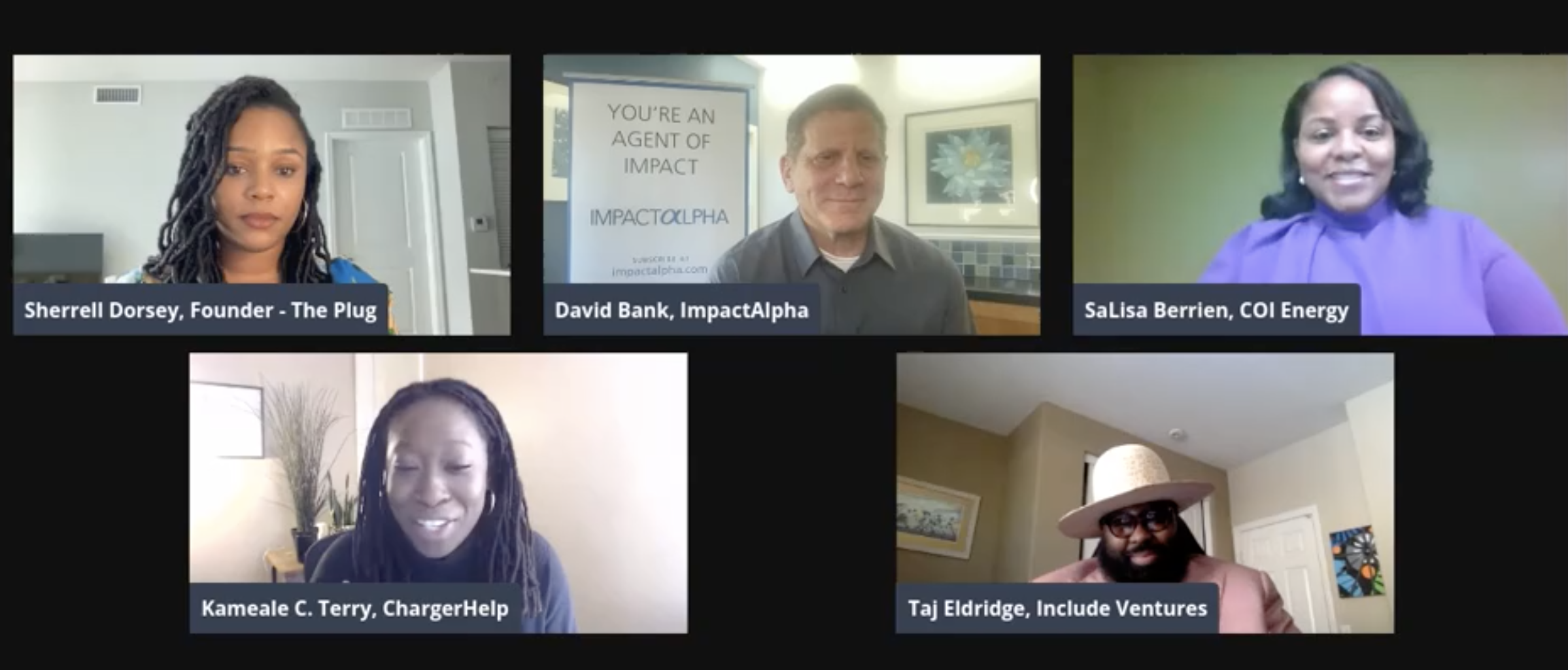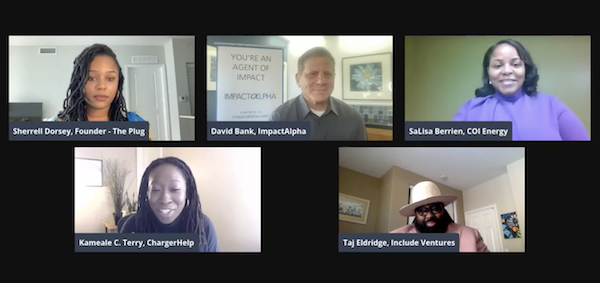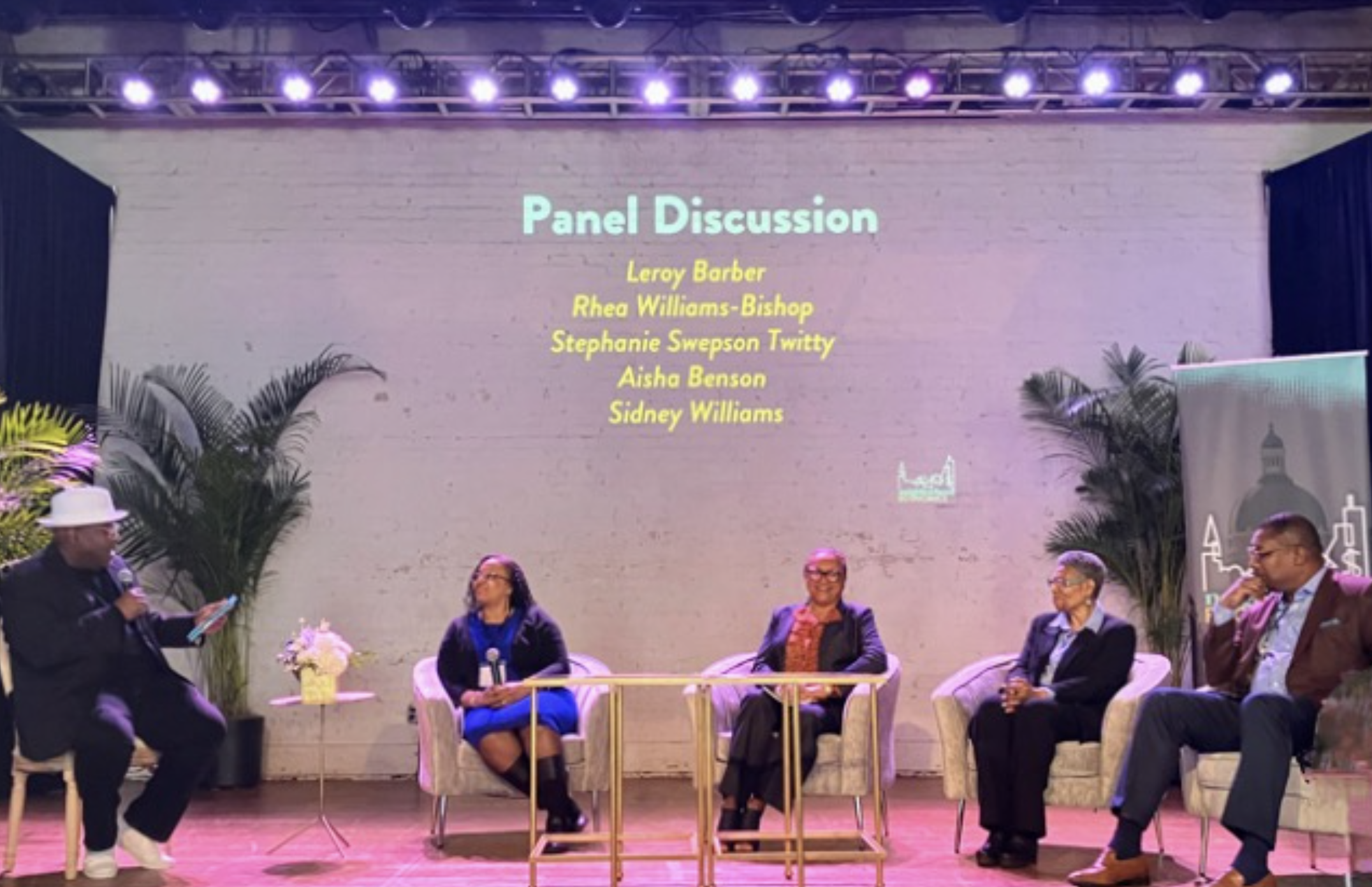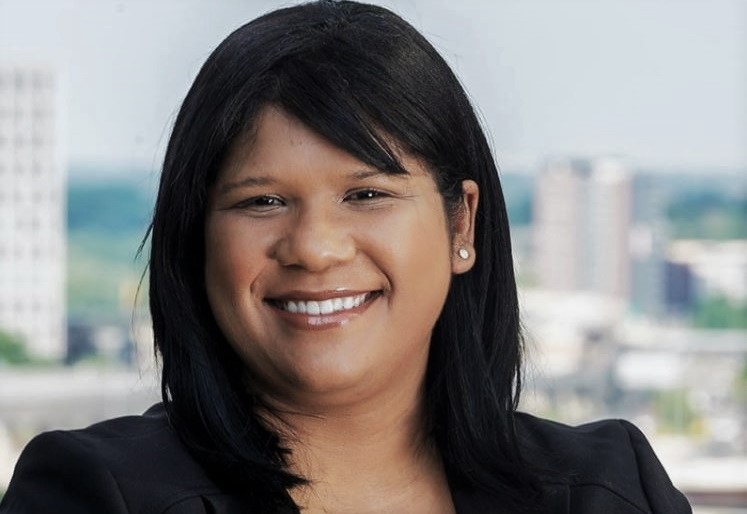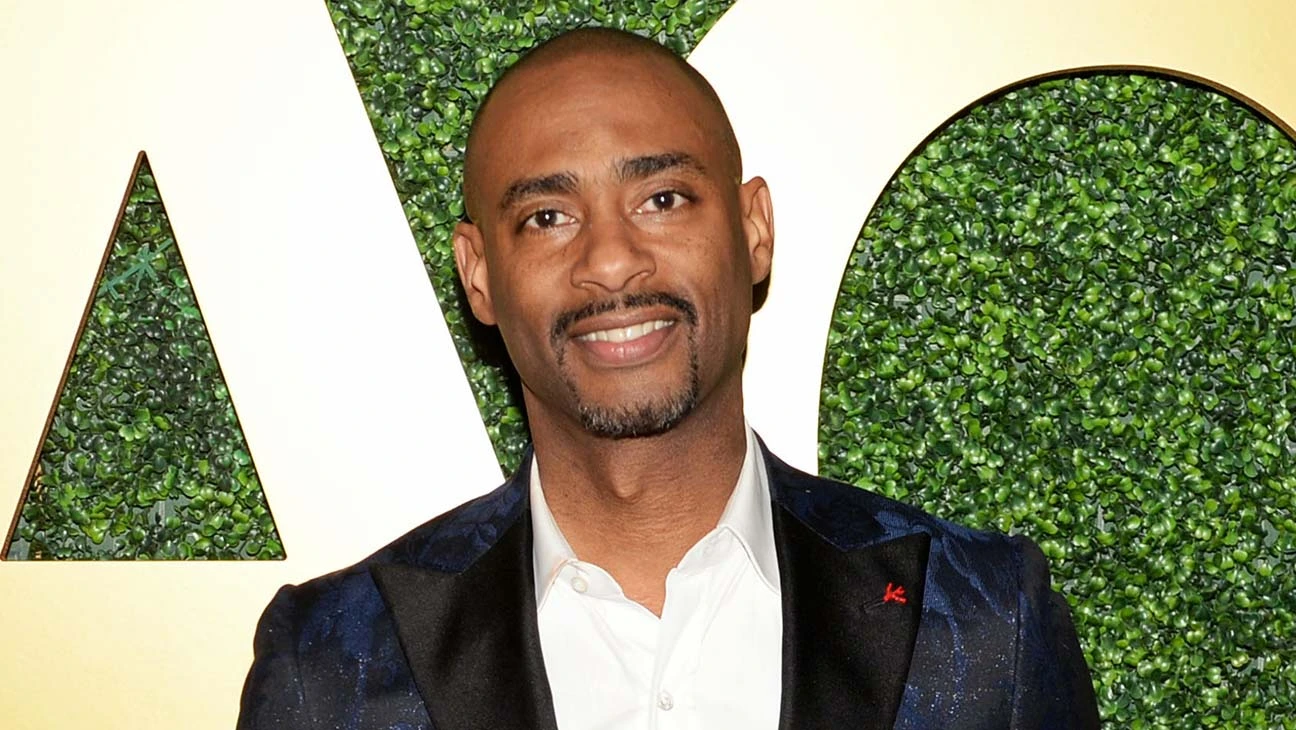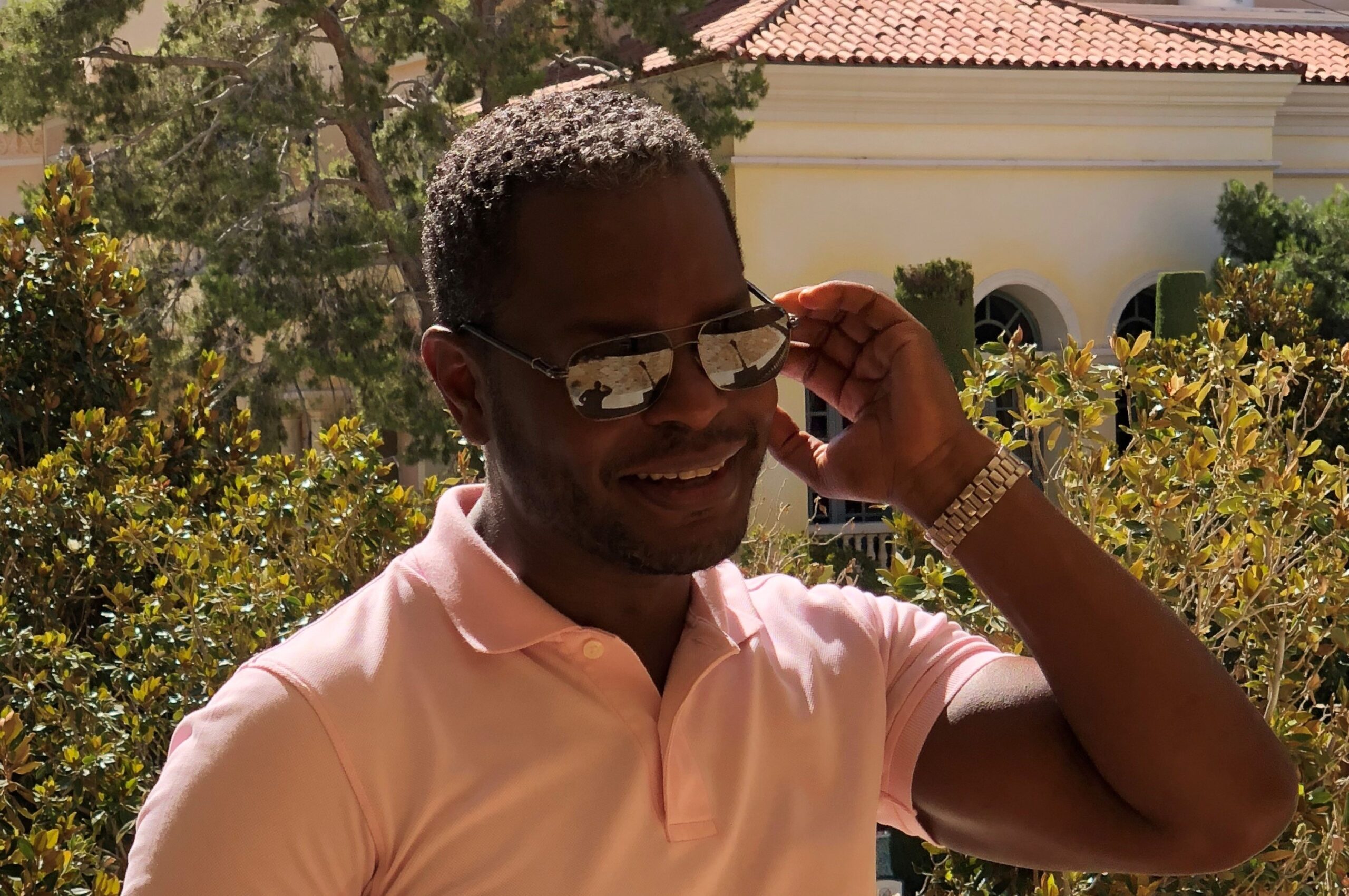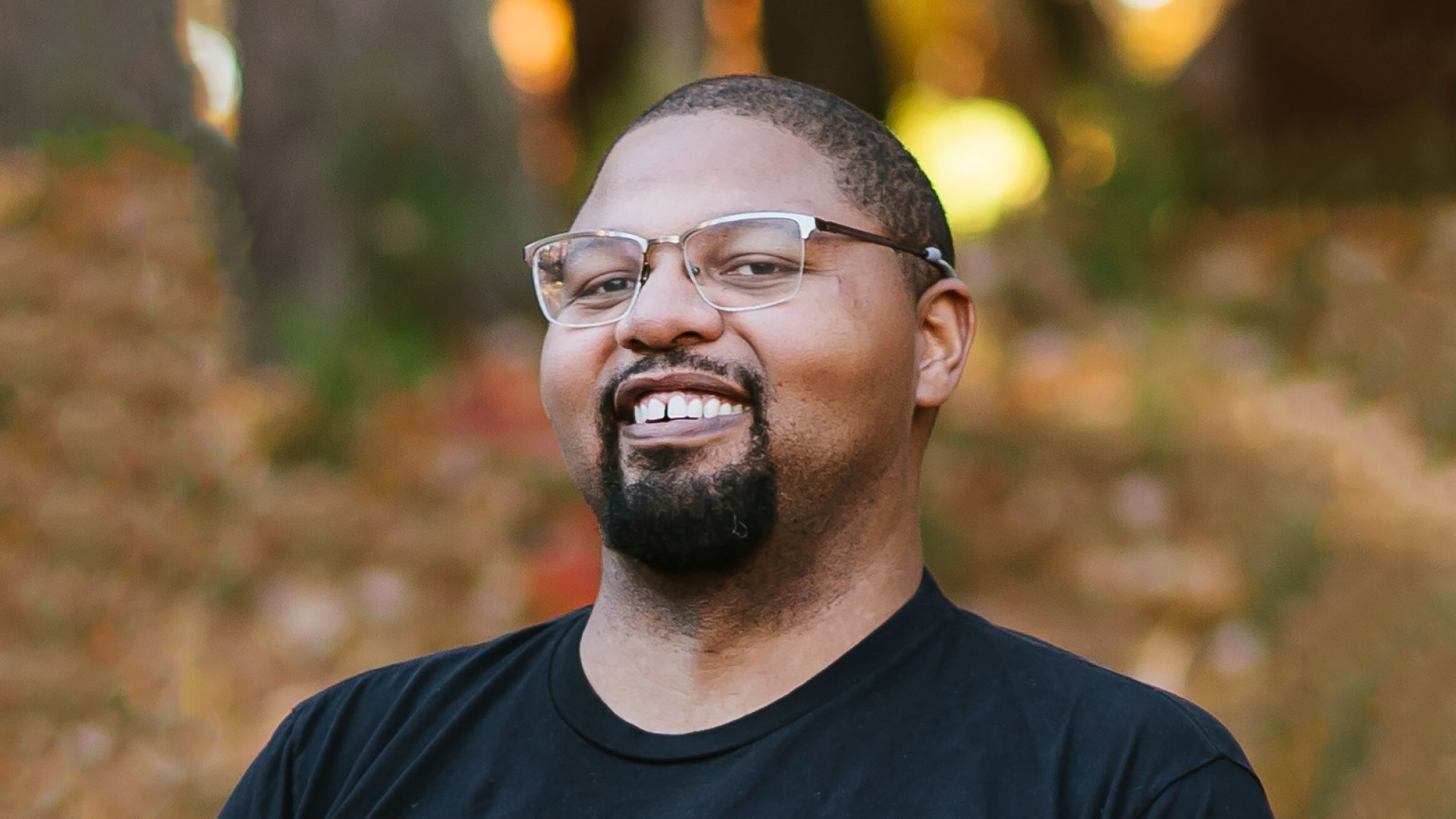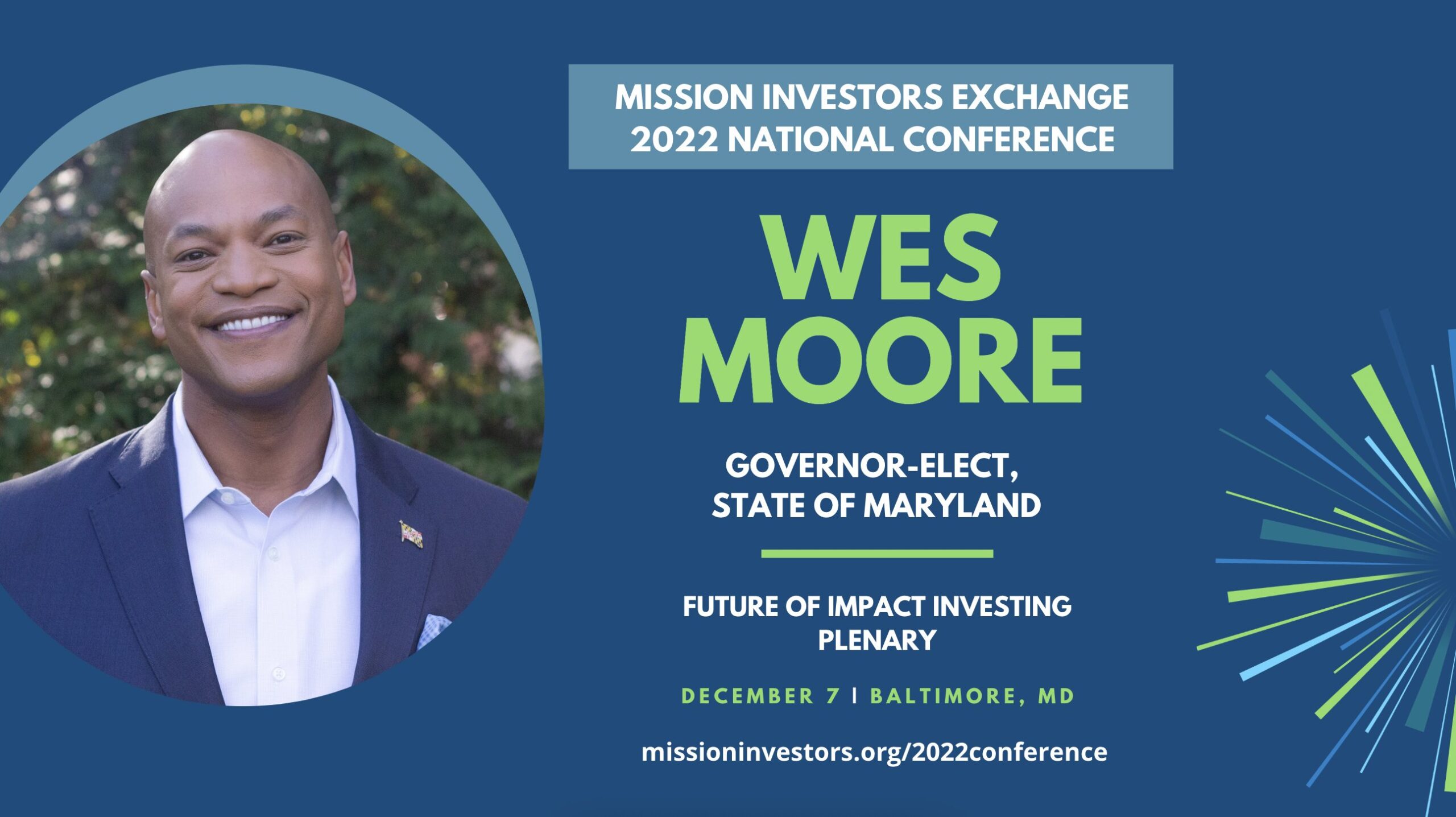ImpactAlpha, Oct. 15 – Invest in climate action for the planet – and the people.
“Climate change is a public health issue, it’s a social justice issue and it’s an economic issue,” Include Ventures’ Taj Eldridge said on this week’s Call, Black tech, green solutions, co-hosted by The Plug and ImpactAlpha. “We’re investing to save Kesha, to save Taj, to save Derek and everyone else.”
Eldridge, along with Kameale Terry of ChargerHelp, SaLisa Berrien of COI Energy and Donnel Baird of Blocpower are tackling climate and environmental challenges close to home. The climate ground war will be won block by block, building by building.
“It’s not about $3.5 trillion or $2 trillion,” said Baird, referring to the infrastructure and spending bills pending in the U.S. Congress. “It’s about people’s kidneys. It’s about kids with asthma. It’s real.”
It’s not “put a man-on-the-moon” aspirational, Baird added. “No, we can go into our communities and actually impact things for the better.”
Black tech
Terry co-founded South L.A.-based ChargerHelp last year to plug a gap in electric-vehicle charger servicing. Terry and co-founder Evette Ellis are creating a pipeline of overlooked talent from the community for middle-class jobs in the green economy.
“Tech companies leave talent on the table,” said Terry, by using arbitrary criteria such as college degrees or high school diplomas. Terry and Ellis removed those barriers and recruited for the actual skills it takes to be successful at EV-charger repair. They fought for and won an official designation from the U.S. Department of Labor for “Electric Vehicle Supply Equipment Technician” to legitimize the career path. More than 1600 people applied for their first 20 EV technician openings.
“It’s just a better way of doing business and actually a more profitable way and a more sustainable way to do business,” said Terry, who raised $2.8 million earlier this year from a half-dozen venture funds.
COI Energy’s Berrien grew up with intermittent access to electricity in Allentown, Pennsylvania. Utility workers were the heroes who turned the lights back on when her family couldn’t afford to pay the electric bill. Berrien worked for 25 years at utilities and smart grid companies before founding COI, for “circle of influence,” to detect and eliminate energy waste in buildings.
Berrien got a boost from Morgan Stanley’s Multicultural Innovation Lab, led by Carla Harris, who now sits on COI’s board. This year, COI has raised capital from SheEO, Google’s Black Founders Fund and other venture firms.
Excitement around Black-led cleantech is democratizing investing into black businesses, says Berrien. She tapped more than 1,000 investors – “many of them from my own community” – in an equity crowdfunding campaign on Republic. “We’re helping shift the mindset to ‘Oh, I can have a piece of this company’.”
Baird grew up in Brooklyn’s Bedford-Stuyvesant neighborhood in a building that often had no heat. Blocpower raised $63 million earlier this year to retrofit city buildings in underserved communities, or as Baird’s Twitter handle suggests, to “turn buildings into Teslas.”
Blocpower this month partnered with New York City to train and hire “one thousand George Floyds” to reach two million people with clean energy installations, solar panels, electric-vehicle charging stations and community-owned internet systems.
The test: Can Blocpower hire 1000 folks from under-resourced communities, “that haven’t been given opportunities,” to deliver green infrastructure? “We believe that the talent is there,” said Baird.
Green alpha
For many investors, financing clean energy infrastructure at scale in any community is a novel proposition. Introducing clean energy infrastructure in the hardest-to-reach and hardest-to-finance communities, where venture capitalists and Wall Street have the least experience and expertise and data, requires “a leap of faith,” says Baird.
It also requires a more diverse group of climate fund managers able to spot the opportunity. “If other people are not looking at that opportunity, I know somebody who will,” says Eldridge.
With VC Include’s Bahiyah Robinson, Eldridge is spearheading a new Climate Justice Initiative to recruit and support historically underrepresented and diverse climate fund managers in the U.S. and Europe. The pair are raising an impact fund-of-funds to invest in Black and Latino managers in clean tech, healthcare tech, media and fintech. “The capital that’s out there is still not coming to these communities via some of these founders,” says Eldridge.
The speakers are part of a growing ecosystem of Black tech entrepreneurs and investors who are gaining an edge in the green economy. Eldridge met ChargerHelp’s Terry at the incubator of the late Nipsey Hussle in the Crenshaw district of Los Angeles (see, “Agent of Impact: Nipsey Hussle”).
Backing climate tech entrepreneurs like Terry, Berrien and Baird is about public health and social justice. “It’s also about achieving alpha,” Eldridge says. “Scared money don’t make money.”

